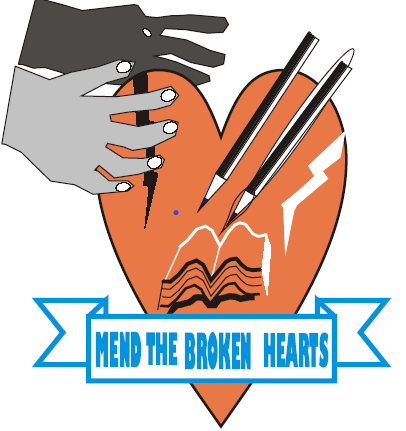menu
close


Agricultural activities are numerous, with the vast majority of people in our operation areas being subsistence farmers, and since these are fertile areas which in many ways offer good cultivation conditions. The purpose of the activities is primarily to enable the needy families to establish and run their own farms/enterprises for which they can live – i.e. help for self-help. Secondary purposes can sometimes be to provide food to people in emergencies and in other cases to generate some income for other of the organization’s auxiliary activities in the sale of agricultural products.
Within arable farming there are a large number of crops – both cereals, vegetables and fruits – which are suitable for cultivation in small farms in the local climate, and which are therefore grown by many households in small projects. These include: about millet, sorghum, corn, sugar cane, cassava, potatoes, sweet potatoes, carrots, onions, cabbage, amaranth (dodo), peas, soybeans, peanuts, tomatoes, aubergines, pumpkins, pineapples, avocados, mangoes, papaya, passion fruit, coffee beans and countless varieties of bananas.


Livestock: As far as livestock is concerned, pigs, chickens, goats and rabbits are especially bred. Cows are less common in household animal husbandry, as they are somewhat more expensive, but sometimes they get some advice on investing in a cow or two, possibly jointly.


Self-help Farmer Groups: Forming self-help farmer groups of a number of selected households (typically 10-20), who are assisted in selecting and launching small crop and / or animal husbandry projects. The start-up aid consists of little capital and thorough training in the selected companies. For the money, the group members buy seed, cuttings, livestock, tools, etc. With this and the knowledge gained, they can initiate the projects, which they continuously receive guidance from MBHU, which follows up closely. Often, these group projects are combined with savings of funds internally within the group, from which individual households can borrow micro-loans for necessities such as fertilizer for the plants and medicine for the animals as well as for new small investments. When money comes in from the sale of some of the crops or animals produced, the small loans can be repaid and the surplus used for new investments as well as necessities for the family, thus increasing the standard of living and being able to manage themselves.


Demonstration projects: Demonstration projects where local farmer families are presented with better cultivation methods leading to greater yield and minimizing the risk of failed harvest. At the demonstration fields / gardens, the local can learn about e.g. appropriate soil preparation, sowing and planting, proper fertilization, covering the cultivated soil to maintain moisture and nutrition, cultivation of viable and fragrant species, and cultivation of different crops between each other. Emphasis is placed on promoting sustainable agricultural practices, where the use of expensive and harmful spray and artificial fertilizers is minimized and, to the extent possible, replaced by natural pesticides and natural fertilizers. For these demonstrations, MBHU utilizes in addition to its own capabilities of competent external resource persons and inspiration from other organizations with which it collaborates.


Extension Services: Extension services/advice on improving agricultural practices, both with regard to livestock farming and land cultivation. This may be the case of an agricultural resource person at joint meetings in the villages or when visiting selected households. Self-sufficiency and sustainability are emphasized, e.g. by feeding pigs with certain nutrient-rich plants that nevertheless grow wild in the garden and that their fertilizers are used appropriately in the garden. Furthermore, simple measures and small adjustments are provided, which can often provide very valuable improvements in the conditions for the crops and animals, and there is guidance in sensible breeding cooperation between the families and encouraged exchange of experience. Planting new and preserving existing trees in gardens and fields is encouraged to maximize moisture and shade, minimize erosion and ensure a healthy ecosystem.
Nurseries: Nurseries, where seedlings and cuttings are grown. For example, be it cuttings of banana plants and sprouts of fruit trees and timber as a pine. Once grown, they can be sold or distributed to local farmer families for planting in their gardens or plantations. MBHU agronomist give advice and guidance so that the customers can get good and long-term benefits.
Honey Production: Beekeeping and honey production in an association of farmers who have bees on their land. The production and distribution of hives as well as the harvesting, collecting, processing and selling of honey is organized within the association, which is led by an experienced beekeeper, who also handles the training of new members. The honey is harvested twice a year by individual growers and collected, processed and packaged centrally and sold from a small shop. The proceeds from the sale of the honey products cover the production costs, including for the hives made by a local carpenter. The breeders also get a percentage of the sales, as well as a share to MBHU. The activity is thus self-sustaining and provides livelihoods for the participants (and the carpenter) as well as support for other MBHU activities.